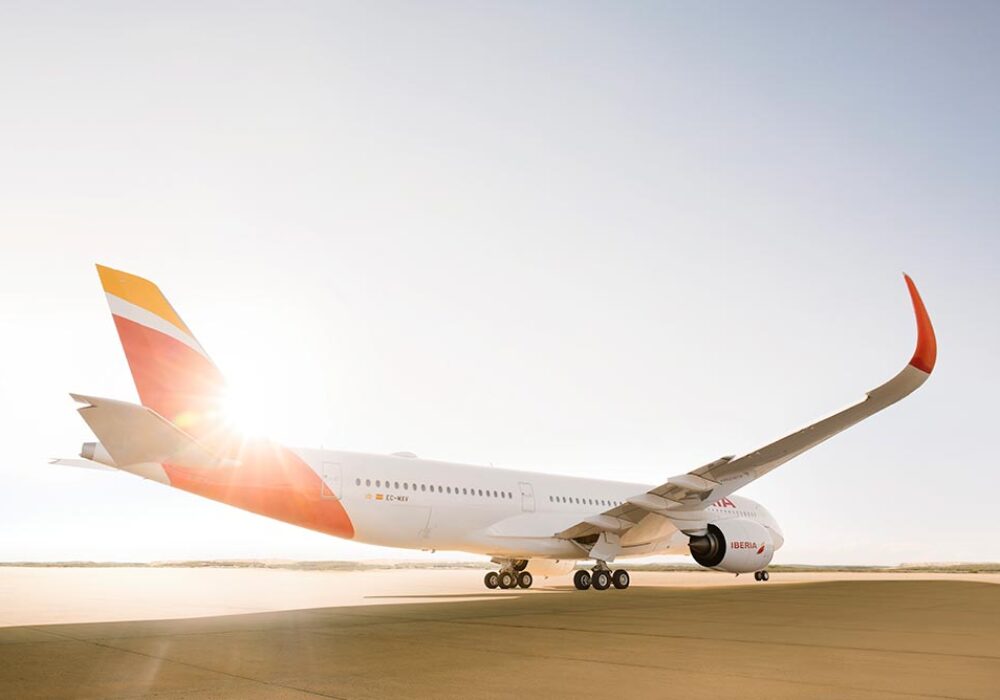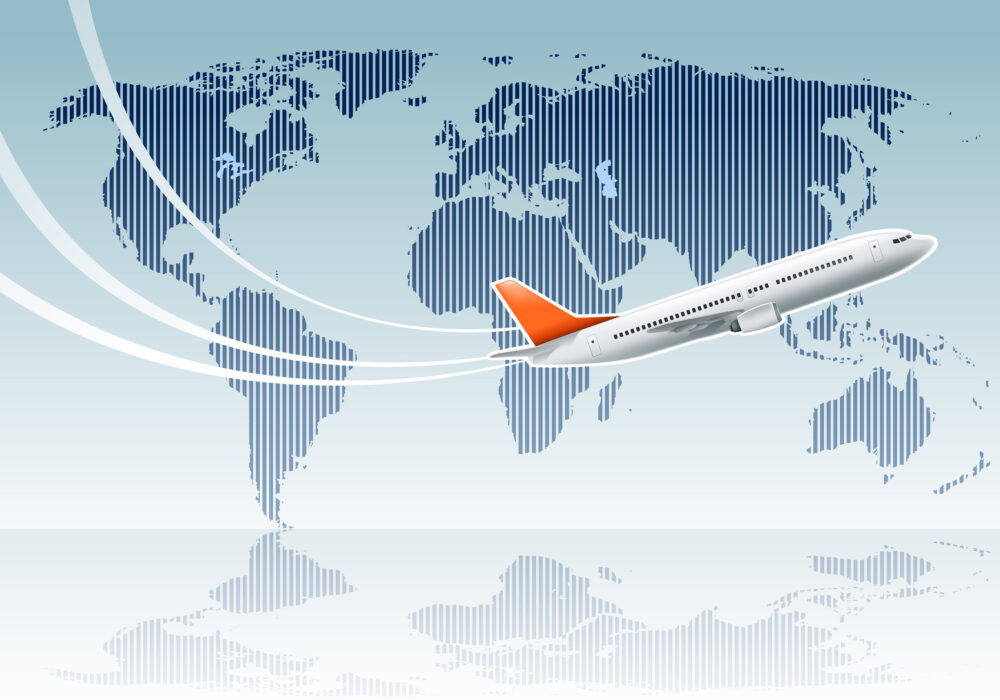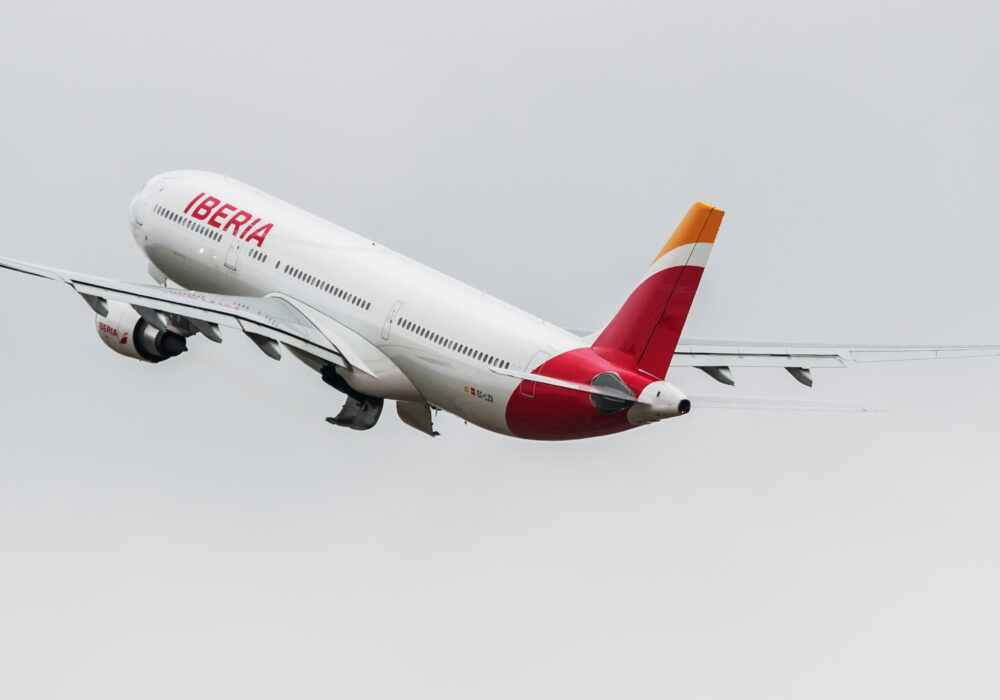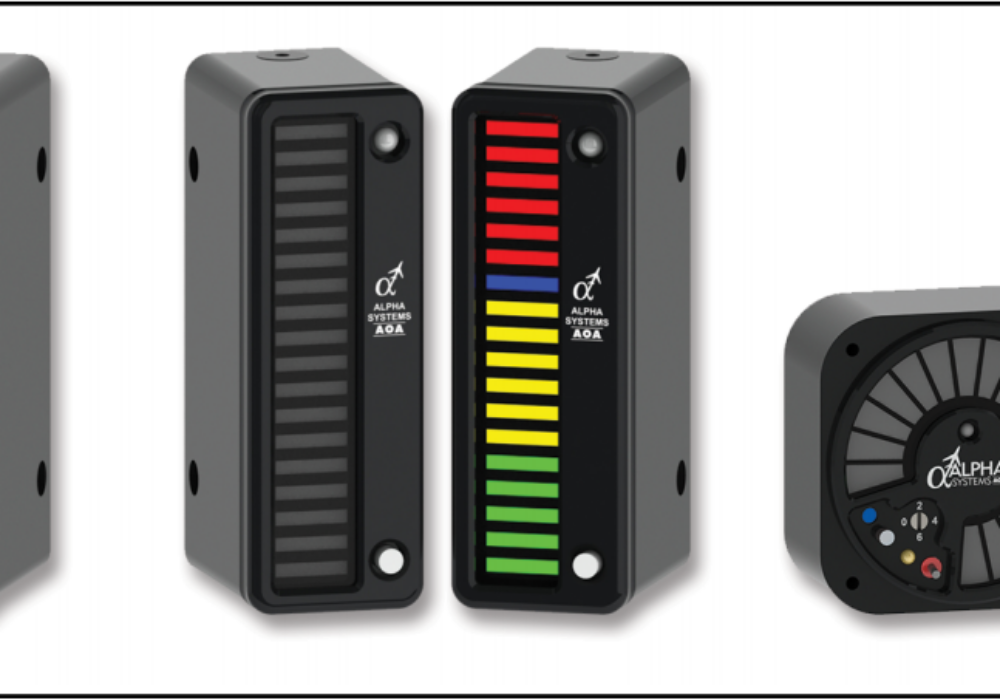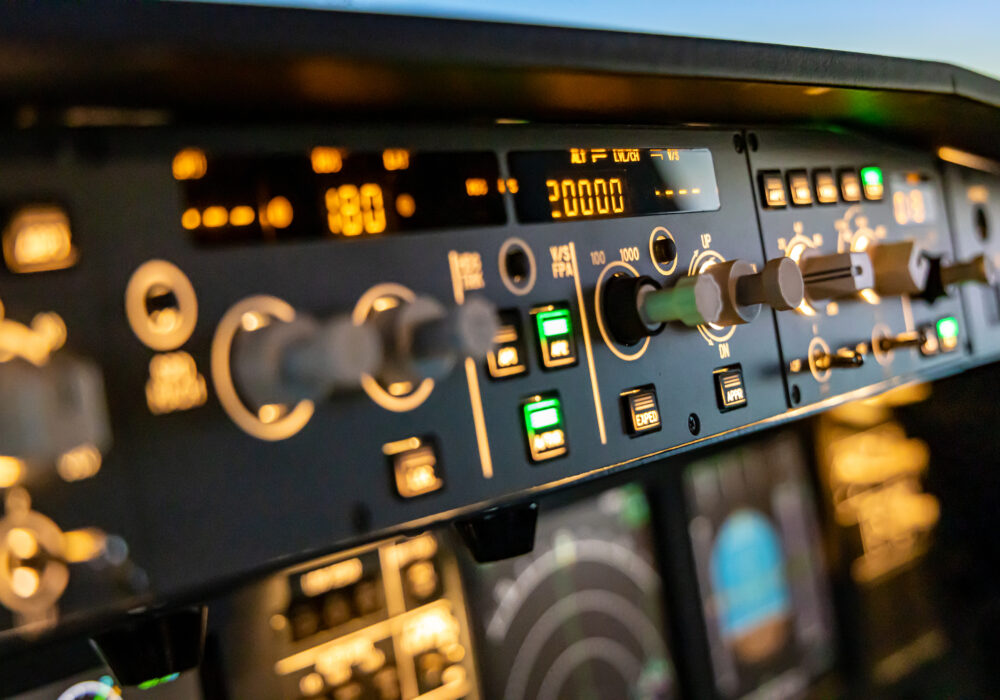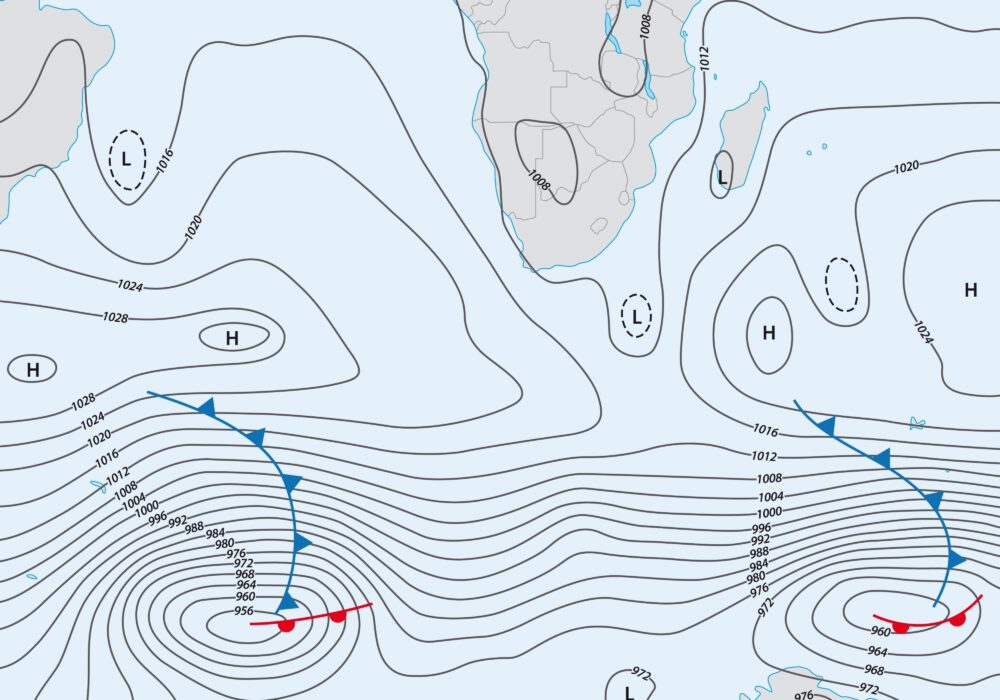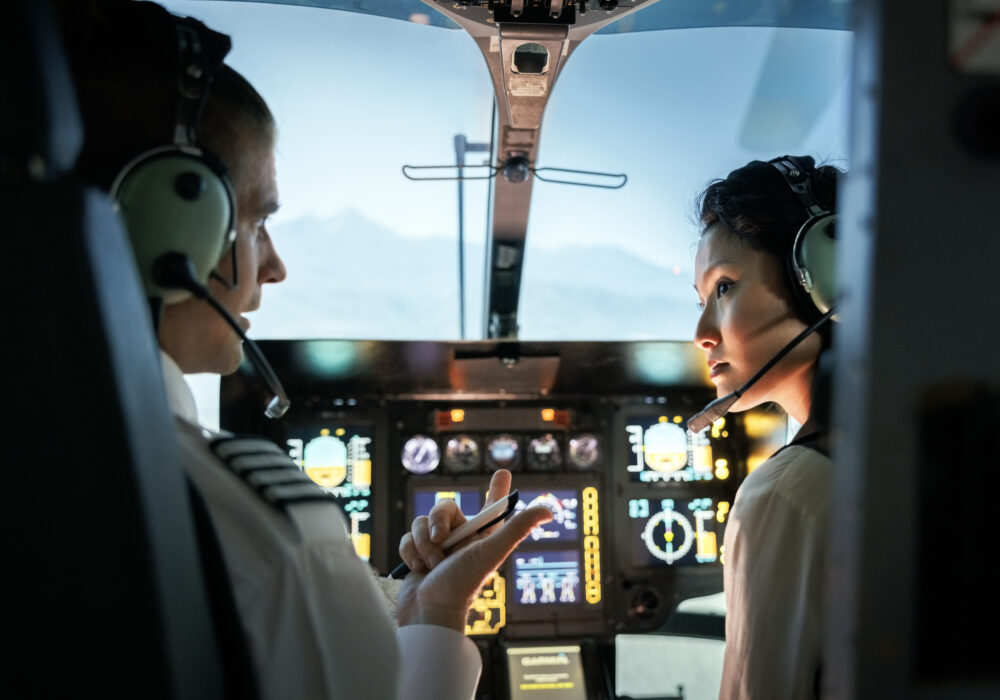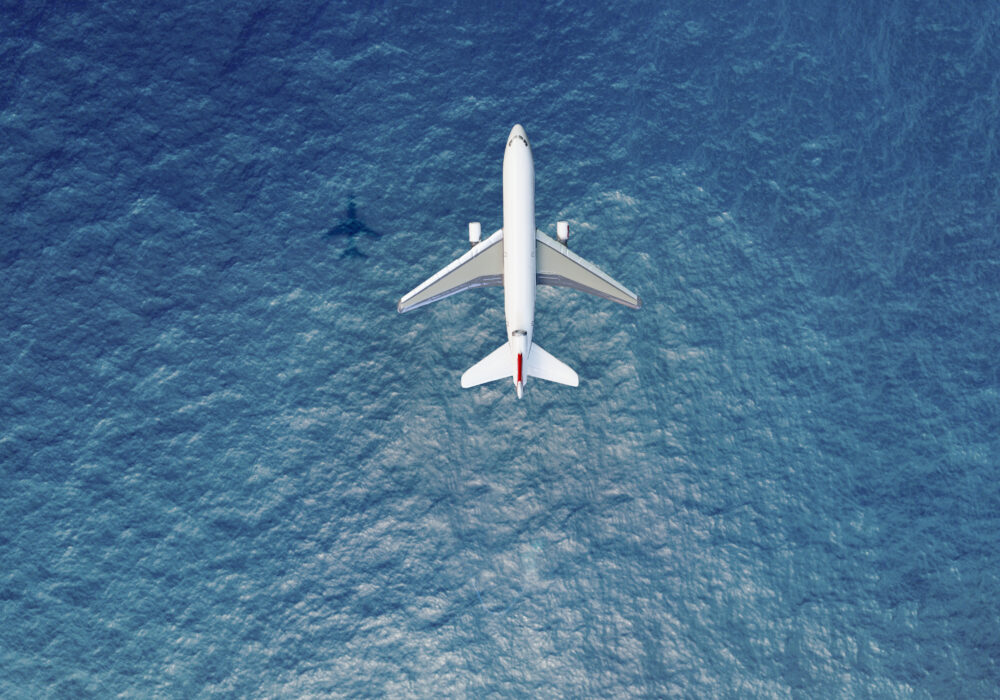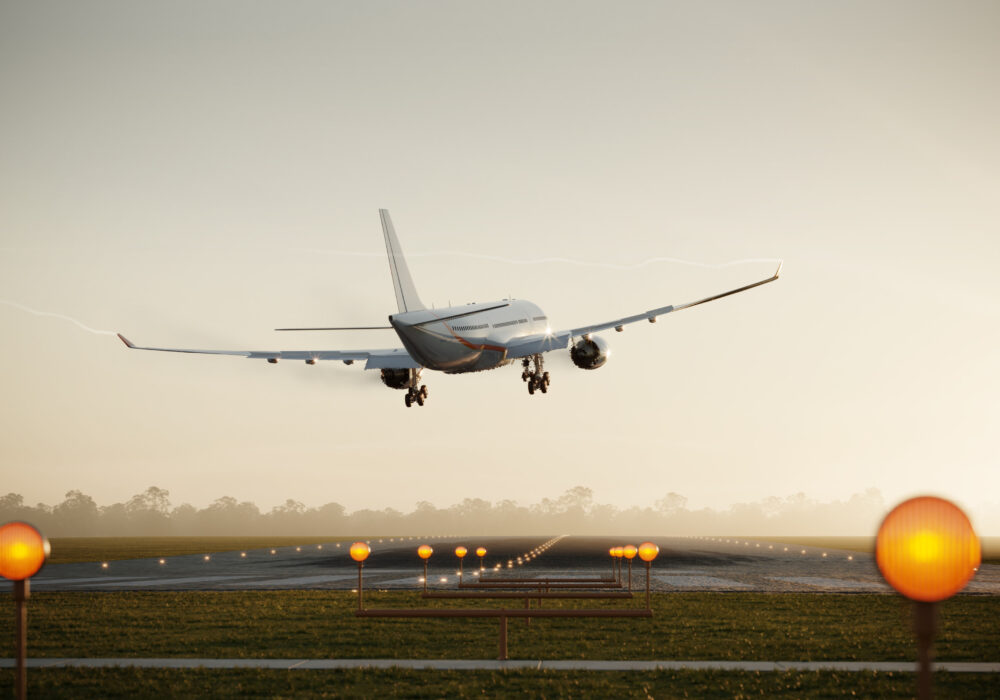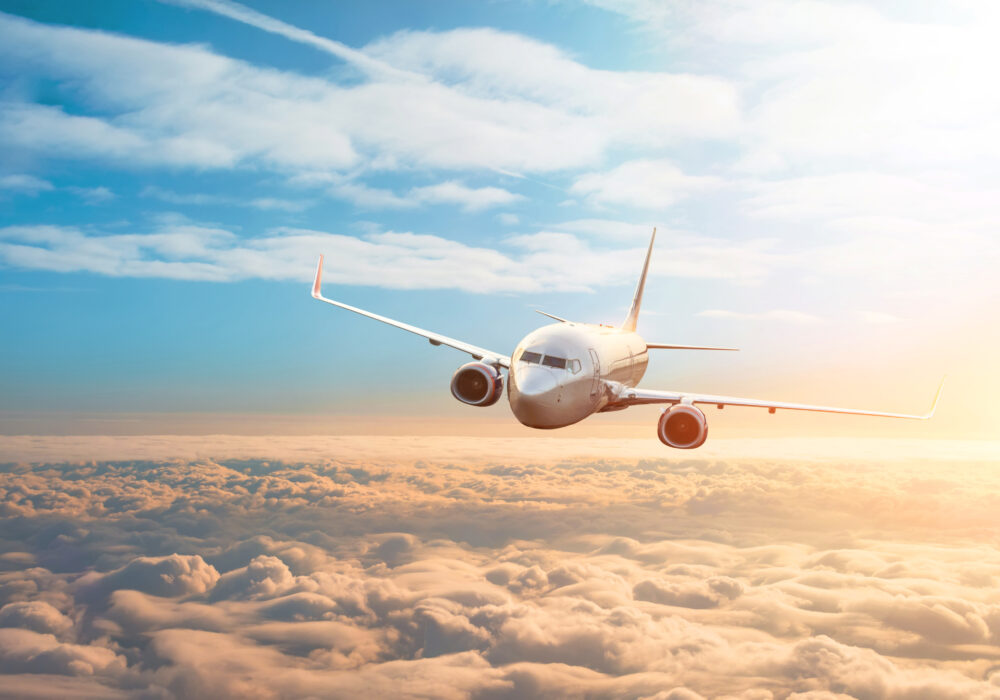There are a number of elements in aircraft fuselages that may go unnoticed by non-experts but which are still extraordinarily important. A good example are the small structures out on the tips of their wings known as ¨winglets¨ and ¨sharklets¨. Designed to boost a plane´s aerodynamic efficiency (LINK) and flight range and reduce its fuel consumption, the most recognisable of these have the shape of a fin folded upwards, but there are some variations.
26/10/2023


